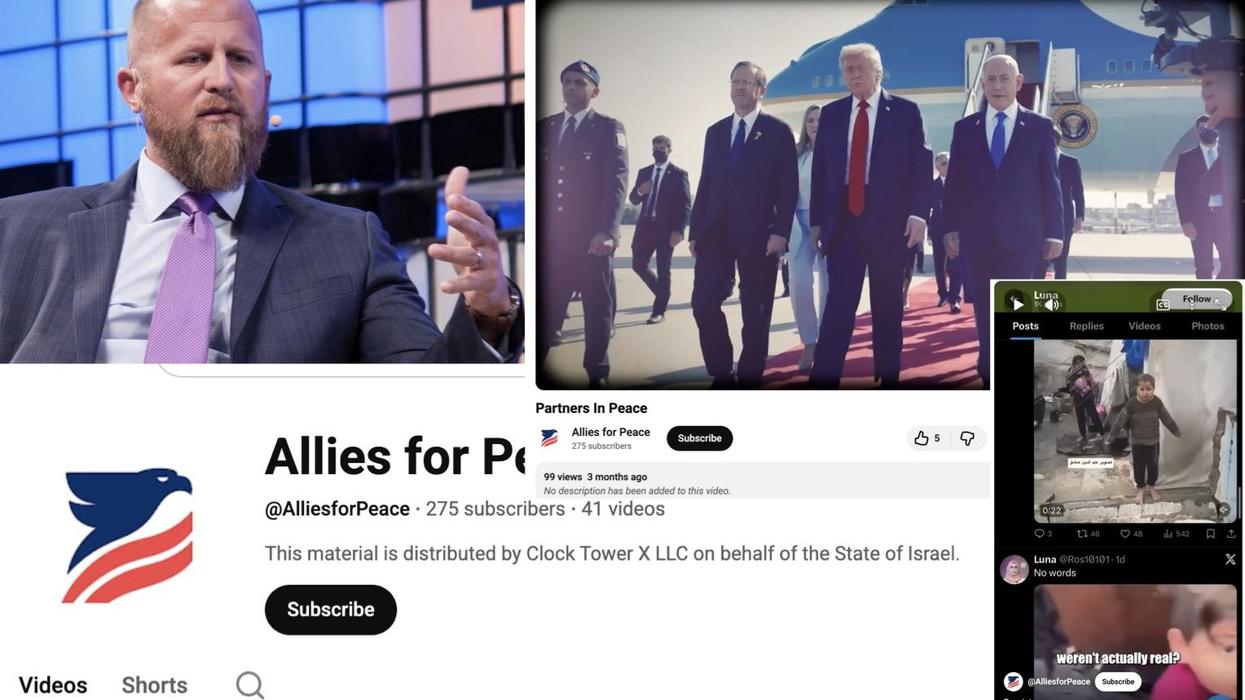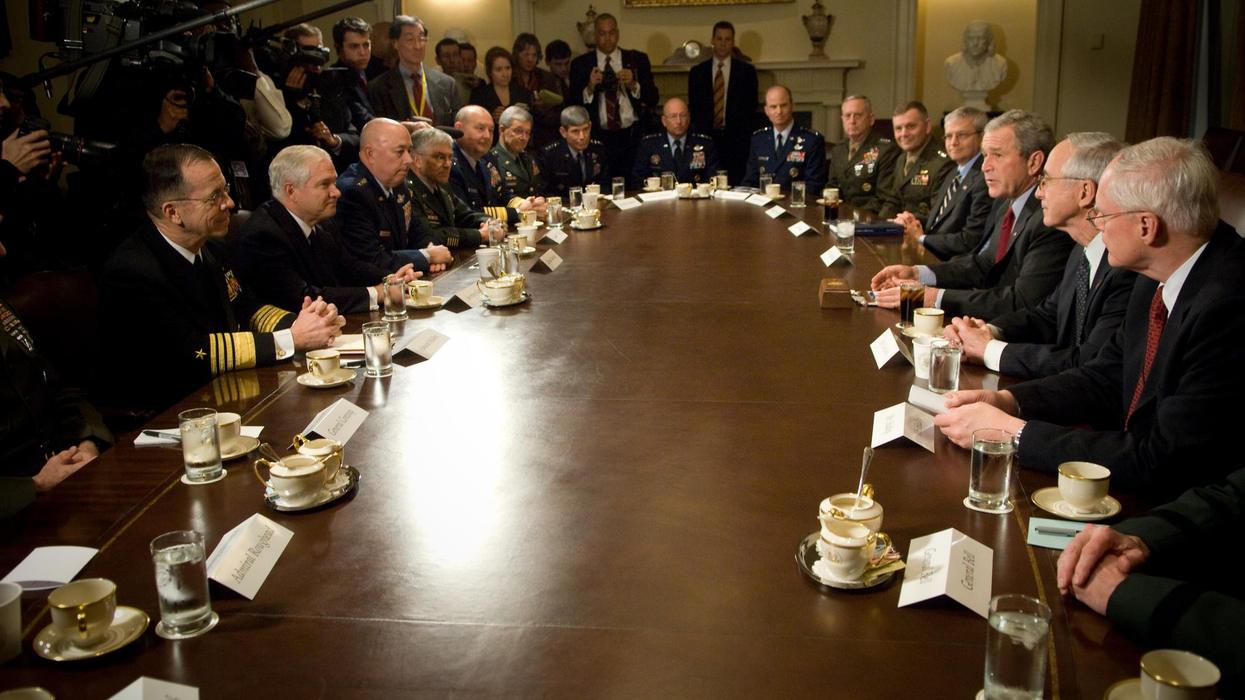Iran has been the Middle Eastern epicenter of the Covid-19 pandemic. The Islamic Republic was hit early on into the global health crisis. While it is still unclear when and how Iran’s ‘patient zero’ entered the country, it is fair to assume that he or she was part of one of the numerous delegations that kept on traveling between Iran and China even after weeks of the Covid-19 outbreak in Wuhan. Due to the encompassing US sanctions regime imposed on Iran, China has increasingly become an economic lifeline Tehran simply cannot afford to forego. It, thus, took Iran much longer compared to other states to halt flights to and from China.
Studies and various estimates from research institutions inside and outside of Iran assume that the first infections date back to mid-January, while the Covid-19 outbreak was officially confirmed only in mid-February. It then took the state additional weeks to roll out an appropriate response plan, partly because it took the political elite considerably long to realize the scope of the crisis, but mainly because a lack of coordination and a complex bureaucratic system slowed down the pace of the early response significantly. Only by mid/end-March Iran started limiting mobility within cities, travel between provinces as well as in and out of the country’s borders. In the meantime, reports from Iran’s neighboring countries emerged about their first Covid-19 cases, most of whom had just returned from Iran.
As a consequence, all of Iran’s neighboring countries closed their borders for land, sea and air travel to and from Iran. Repatriated nationals and other returnees had to quarantine themselves for 14 days upon arrival in their home country. It might have been out of concern for their very own health situation, but possibly also out of a genuine sense of responsibility that Iran’s neighbours in the Arabian Peninsula showed willingness to come to the Islamic Republic’s help.
Indeed, Qatar, Kuwait, the United Arab Emirates (UAE), Oman and even Saudi Arabia showed a moment of solidarity early into the Covid-19 crisis in Iran: Qatar offered its cargo fleet free of charge for medical aid. Kuwait donated $10 million in humanitarian support to Iran. The UAE sent two aid aircrafts with technical equipment to Iran around the same time while Saudi Arabia, along with other OPEC members, earmarked $500,000 for Iran from the OPEC Fund for International Development (OFID) to assist the country in purchasing the necessary medical equipment. Oman has in recent days sent its second batch of medical aid (reportedly 40tons) to Iran.
After an initial phase of shock and weeks of insufficient response measures – with few exceptions a truly universal phenomenon – Iran seemed to have gained control of the overall situation by end May/early April, kept public life restricted until mid-April, and is since then gradually re-opening businesses, mosques, shopping centers and public life in general. Concerns over a potential second wave certainly exist, but economic pressures leave the government no choice but to bring the country gradually back to normal.
At the same time, Iran has become self-reliant in the production of ventilators, face masks and sanitizers. It is now even sending domestically produced and internationally certified test-kits abroad. Iran’s military apparatus offers to share with regional countries its experience in tackling this health crisis.
While it may seem counterintuitive given the geopolitical tensions of the region, there is a sense among regional stakeholders in the Persian Gulf region that this ‘moment of regional solidarity’ could be turned into a ‘momentum of regional solidarity’. Challenges that do not recognize borders require responses that do not either. This holds true for pandemics as much as it does for environmental issues and climate change.
Some initial ideas in this direction were developed during recent exchanges conducted jointly by the Center for Applied Research in Partnership with the Orient (CARPO) and the Gulf Research Center Foundation (GRCF) in the framework of the Tafahum project.
In light of the current pandemic, an initial step towards regional cooperation could be to develop a regional database to share information about the number of infections, casualties, recoveries, as well as capacities in hospitals, medical staff and medication. This would help to react quickly to reduce or resume travel, help each other out with required medical support and offer hospital beds to citizens of the neighbouring countries. In order to be able to do the latter, a special Visa regulation will be necessary. But given the possibility of setting up mobile hospitals, border areas in particular can be turned into hubs for regional treatment.
The economic challenges that come as an aftermath to a pandemic must not be underestimated. The wealthier a state, the more it is able to adopt necessary measures in times of a health crisis to protect its own population and that of neighbouring countries. The case of Iran shows that lockdowns are only implemented in half-hearted manner, when the state is incapable to allocate the fiscal needs to revitalize an economy that is severely hit by a lockdown. A regional fund for economic resilience in times of a health crisis could be set up to this end.
Interlocutors from the Persian Gulf region furthermore emphasize the challenge to deal with strata of society who make a living almost entirely in informal economic sectors (street vendors, taxi drivers, black market merchants), and those who are generally not covered by any insurance net. Not only are measures of ‘social distancing’ and ‘quarantine’ impossible to follow for them. But they are also entirely dependent on the benevolence of their employer or government to receive any sort of financial support package because they enjoy no whatsoever legal protection to claim such support. The same holds true for migrant workers who may work in a fully formalized working relationship, but still have no sufficient legal protection or insurance to cover their needs. While this phenomenon is more of a national challenge with specific conditions in every single country, an exchange of views on how to protect these most vulnerable strata of society should be launched in order to develop contingency plans for this group of tens of millions of residents in the countries of the Persian Gulf region.
This health crisis also showed the invaluable importance of keeping diplomatic channels intact in spite of political differences. The absence of these channels between Manama and Tehran delayed the repatriation of Bahraini nationals who were stranded in Iran back to Bahrain – it was thanks to Oman that they could ultimately be flown back home.
Health is often discussed as a ‘soft security’ issue. The same holds true about environmental issues. But neither really pose just ‘soft’ threats. To the contrary: these are existential threats for the well-being of 210 million people. The Covid-19 outbreak might serve as a moment to pause and realize how valuable regional dialogue about health resilience could be.
This article has been republished with permission from ISPI.

















